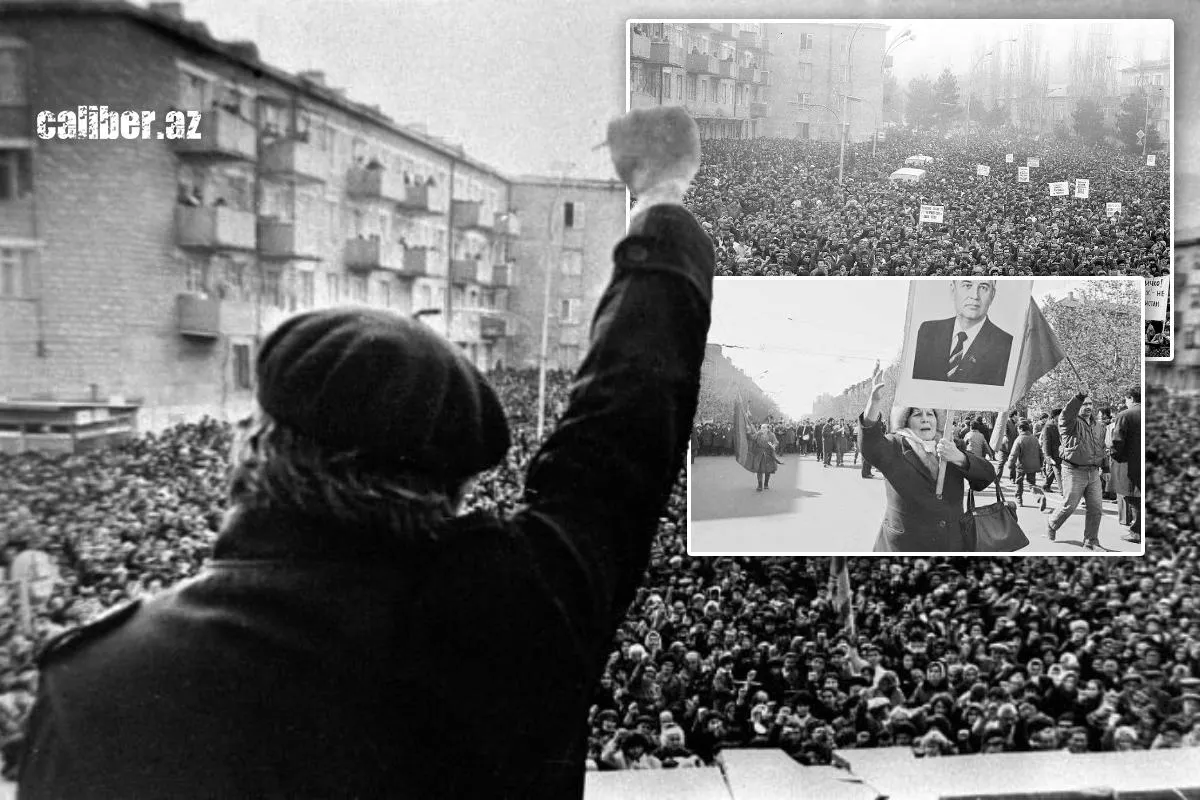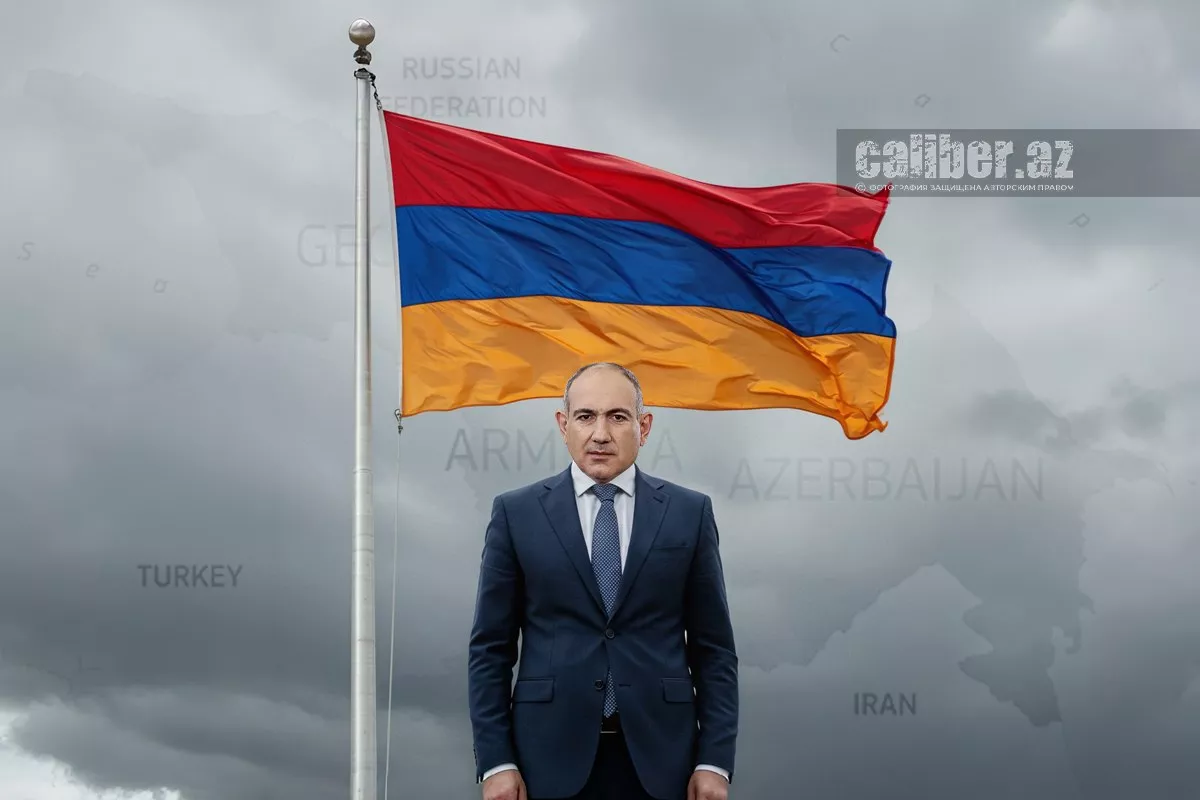Armenia's difficult path to lasting peace Pashinyan and the thickets of revanchism
Armenian Prime Minister Nikol Pashinyan shared a new post on social media: “What is the difference between the current Republic of Armenia and the former one? In the past, the Republic of Armenia existed thanks to other countries, for other countries. Today, the Republic of Armenia exists thanks to itself, thanks to its citizens, for its citizens,” he wrote, in particular.
On the surface, this seems rather vague. However, considering the entire contradictory context in which the Armenian prime minister has to operate, the idea becomes clear. Previously, Armenia was not a sovereign actor but carried out the orders of its suzerains—third countries—and the 30-year occupation of Karabakh was part of that mandate.
Strictly speaking, of course, this is not entirely accurate. While it is true that Moscow used Armenia to create a hotspot of instability in the South Caucasus in accordance with conflict-management principles, there was also a significant demand for “miatsum” within Armenian society itself. In this case, as they say, everything coincided. One could, of course, debate at length whether the very idea of territorial expansion was implanted in the Armenian national consciousness by external agents, but to some extent that would be like speculating which came first, the chicken or the egg.

Under these circumstances, however, the very fact that the Armenian leader seeks to distance himself from this shameful chapter in his country’s history is commendable. It is, broadly speaking, a healthy desire—to prove to oneself that one is simply incapable of such actions, and that one was manipulated by external forces.
In a deeper sense, the Armenian people should perhaps repent for the crime committed against Azerbaijan—the nearly thirty-year occupation. Yet such repentance must be preceded by understanding. It is precisely this kind of understanding that Pashinyan is attempting to cultivate.
Doing so in Armenian society, long permeated with ideas of national exceptionalism, is extremely difficult. Hence Pashinyan’s careful balancing: on one hand, drawing European “observers” to the border with Azerbaijan; on the other, systematically instilling in Armenian society the idea that it is necessary to abandon the myth of Armenia in favour of the real Armenia.
We have already written that Pashinyan’s government needs to be even more principled in combating manifestations of revanchism, the most recent and notorious example of which was the unveiling of the “Call of Artsakh” monument at the Yerablur military cemetery.
Meanwhile, the timing of Pashinyan’s social media post—immediately ahead of this controversial event—likely suggests that the ceremony at Yerablur was orchestrated, not without the involvement of third-party forces.

Against this backdrop, the Armenian diaspora has become more active, unleashing curses against the current prime minister. For instance, Harut Sassounian, editor and publisher of the California Courier, told Alpha News that “forgetting our historical territories serves the interests of Armenia’s enemies—and that’s exactly what the current authorities want.” “An enemy can physically occupy land, but they cannot erase our memory,” he added.
It should be emphasised that it is precisely the diaspora representatives who behave most dishonourably, since by fueling radical sentiments within Armenian society, they themselves would, in the event of a renewed conflict, of course not go to war—leaving the poor citizens of Armenia to pay the ultimate price for “our memory.”
Gradually, however, a growing number of ordinary Armenians are coming to understand that revanchism is a dead-end path. The first test of this understanding was passed by the Armenian people in 2021, when they re-elected the party that had lost the war.
A year later, they face a second—and perhaps the most serious—test: once again voting for the Civil Contract party and, equally importantly, supporting constitutional reforms in a nationwide referendum, formally renouncing territorial claims against Azerbaijan, and symbolically turning the page on years of enmity.
Prime Minister Pashinyan is doing everything possible to convince his people of the wisdom of this decision. We can only hope that he has the strength and determination to see through what he has begun.








